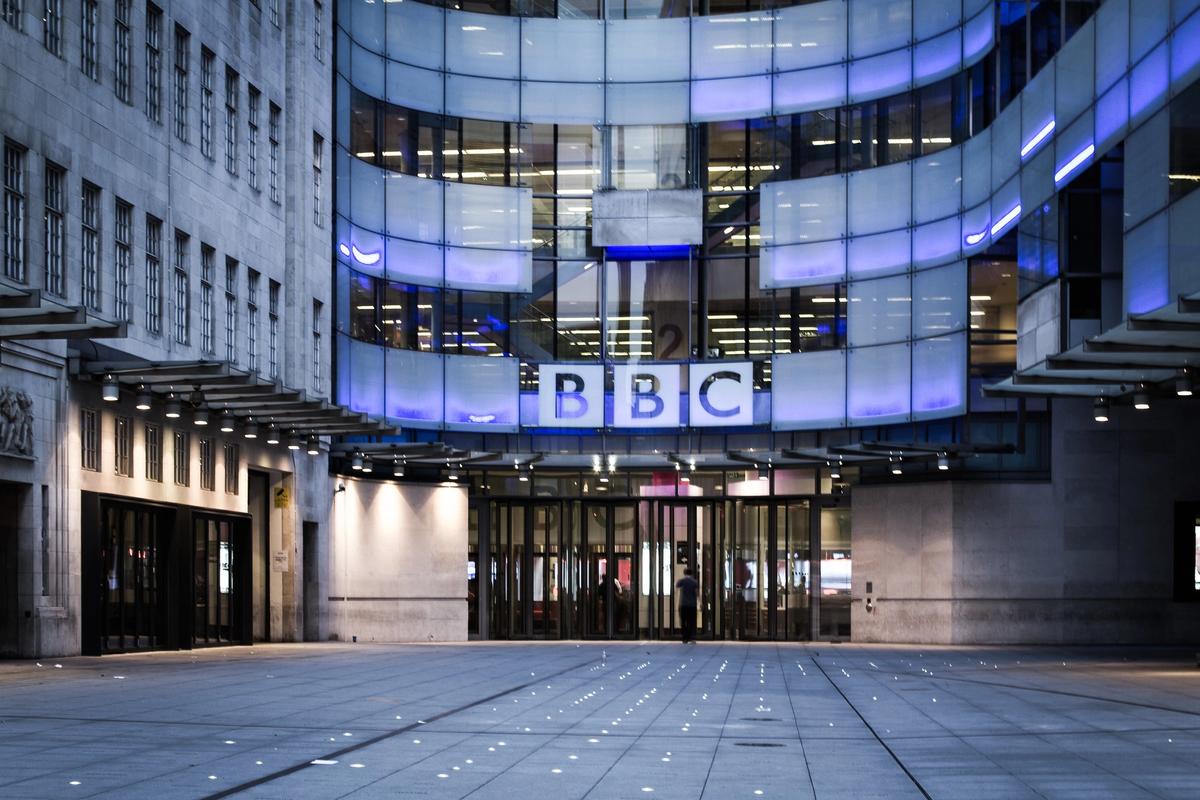Arts professionals have responded angrily to the UK government’s proposals to reform the funding model for the BBC, which includes freezing the licence fee for the next two years. "Is there anything they [the government] won't destroy?" tweeted the Sunday Times art critic Waldemar Januszczak who has presented programmes on BBC 4 such as The Art Mysteries.
The licence fee's existence is guaranteed until at least 31 December 2027 by the BBC's royal charter, which sets out the broadcaster's funding and purpose. Nadine Dorries, the UK Secretary of State for Culture, announced that the annual charge on television usage will remain at £159 until April 2024; the licence fee will then rise in line with inflation for the next four years.
The BBC’s funding model will be reviewed by 2027; Dorries tweeted earlier this week that “this licence fee announcement will be the last”. UK law states that a TV licence must be bought if programmes are watched and recorded on any channel.
The art historian James Fox, author of The World According to Colour (Penguin, 2021), tells The Art Newspaper: “Arts programming at the BBC has been under pressure for some years, with budget cuts reducing the quantity and quality of content, and ultimately leading to the demise of BBC4 as a source of original programmes.” In 2020, BBC Four was under threat and plans to show archive material on the channel were criticised.
Fox adds: “I have no doubt that these proposals, should they be implemented, will have very damaging consequences not just for the BBC but for the wider cultural life of our nation. Since its foundation, the BBC has played an essential role in commissioning talent, and making art and ideas accessible to the public. If it is allowed to go, it will leave us all immeasurably poorer.”
According to the Department for Digital, Culture, Media and Sport (DCMS, the settlement means the BBC is expected to receive around £3.7bn in licence fee funding in 2022. The Welsh language broadcaster S4C will also be allocated an extra £7.5m a year to develop its digital platform.
A BBC source says on the BBC website however: "Anything less than inflation would put unacceptable pressure on the BBC finances after years of cuts.” Tim Davie, Director-General of the BBC, told Radio 4 today that the licence fee freeze will cost the corporation £285m with “everything on the agenda” in terms of programming cuts.
Januszczak added: “As a film maker who does lots of work abroad I cannot stress enough how much admiration and warmth there is out there for the BBC. All round the world it's revered and envied. Except, it seems, by the yobs and vandals of our government.”
Dorries said yesterday in Parliament: “[The BBC review] is not a policy; we are announcing a debate and a discussion. The decision as to what the future funding model looks like is up for discussion.” She denied that she was seeking to impose a subscription model used by streaming giants such as Netflix. The government also claims that the move will “support families in the face of rising living costs”.
The Labour MP Catherine McKinnell meanwhile asked if Dorries was “seeking to undermine and sacrifice this great national institution in order to save the prime minister’s political skin”. Dorries replied: “I’m not.” UK Prime Minister Boris Johnson has been repeatedly accused of attending drinks parties at No.10 and No.11 Downing Street over the past two years, flouting Covid-19 government restrictions.


